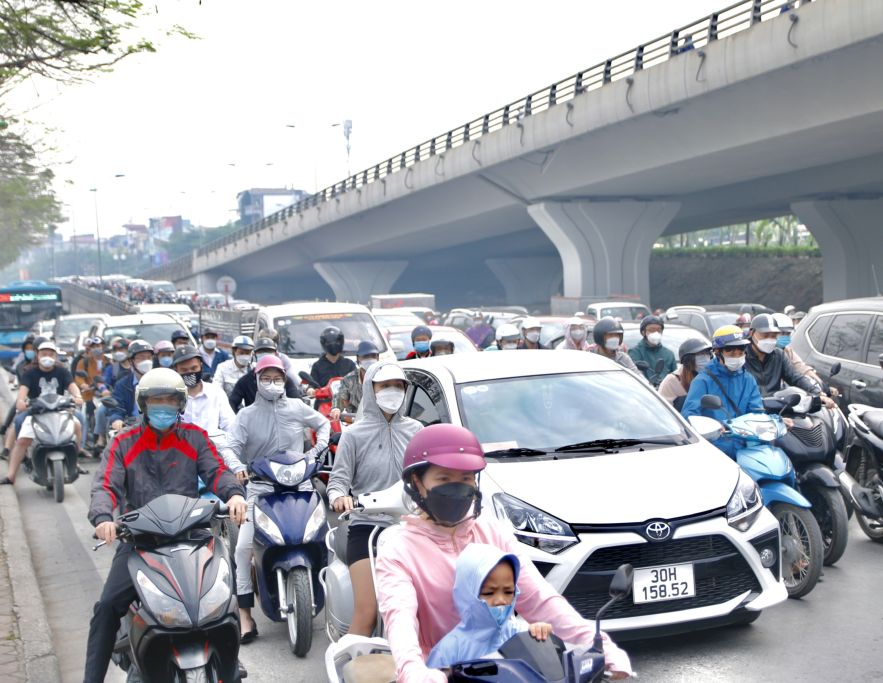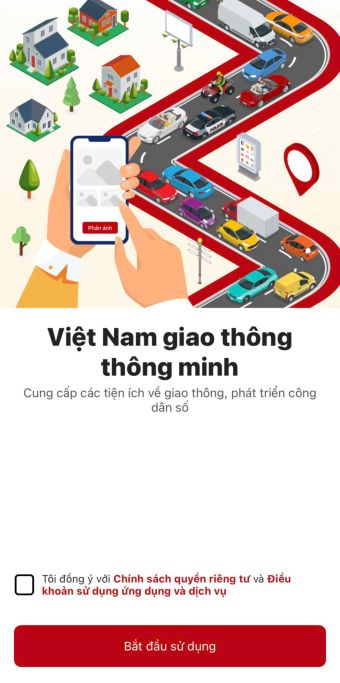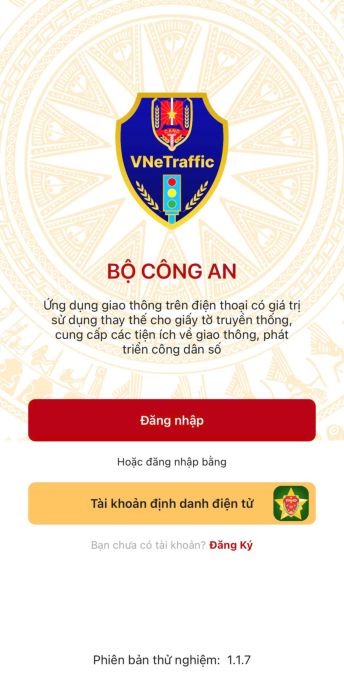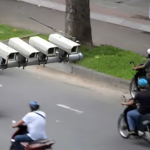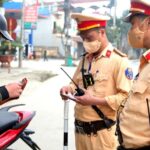Circular 73/2024/TT-BCA of the Ministry of Public Security, effective from January 1, 2025, introduces several innovations in patrolling, controlling, and handling violations of road traffic order and safety laws.
Notably, from 2025 onwards, citizens will receive “cold-penalty” notifications through the VneTraffic application.
Article 24, Chapter III, Clause 3 of Circular 73/2024/TT-BCA clearly outlines the procedure for handling the results obtained through technical means and equipment for cases of violations where the vehicle cannot be stopped for control and handling.
All information about the violating vehicle, including the type of vehicle, license plate number, color of the license plate, time, location, violation, and contact information, will be updated on the website of the Traffic Police Department and the VNeTraffic application, making it convenient for people to look up and resolve issues.
Additionally, the VNeTraffic application will notify drivers about the revocation of their driving licenses in an electronic format, ensuring that violators and vehicle owners (in cases where the vehicle owner’s documents are involved) are aware and comply with the regulations.
The application also allows citizens to report and provide images and videos related to traffic conditions, incidents, and violations.
The procedure for “cold-penalty” of traffic violations from January 1, 2025, is as follows:
Step 1: Identify vehicle and violator information
Within 10 days from the discovery of the violation, the authorized person of the Public Security agency where the administrative violation was discovered shall identify information about the vehicle, its owner, and related organizations or individuals through the vehicle registration agency, the National Database on Population, and other relevant agencies or organizations.
Step 2: Determine the authorized agency for issuing the penalty
In cases where the vehicle owner, related organization, or individual does not reside or is headquartered in the district where the Public Security agency discovered the administrative violation:
If the violation falls under the jurisdiction of the Chief of the Commune-level Public Security, the results obtained through technical means and equipment shall be transferred to the Commune-level Public Security where the vehicle owner, related organization, or individual resides or is headquartered to handle and resolve the case (when the system is equipped with a connected network, it can be sent electronically).
If the violation does not fall under the jurisdiction of the Chief of the Commune-level Public Security or if it does but the Commune-level Public Security does not have a connected network system:
Transfer the results obtained through technical means and equipment to the District-level Public Security where the vehicle owner, related organization, or individual resides or is headquartered to handle and resolve the case in accordance with the provisions of Article 15, Clause 1 of Decree No. 135/2021/ND-CP on handling the results obtained through technical means and equipment.
Step 3: Send notifications to the vehicle owner and violator
The authorized person of the Public Security agency where the administrative violation was discovered shall send a notification requesting the vehicle owner and related organizations or individuals to come to the headquarters of the Public Security agency where the violation was discovered or to the Commune-level or District-level Public Security where they reside or are headquartered if they face difficulties in traveling or do not have the conditions to come directly to the headquarters of the Public Security agency where the violation was discovered.
The sending of violation notifications shall be done in writing or electronically through data connection and sharing on the VNeTraffic App when the conditions of infrastructure, technology, and information are met.
TH (Tuoitrethudo)
A Proposal to Implement Severe Penalties for Reckless Drivers: The Case of Wrong-Way Drivers on Highways
Driving in reverse or against the flow of traffic on a highway is an extremely dangerous act that can lead to catastrophic consequences. Such behavior not only demonstrates a blatant disregard for one’s own life but also puts the lives of other road users at immense risk. This reckless action has the potential to cause devastating chain-reaction collisions, impacting numerous individuals and leaving a trail of destruction in its wake.





























